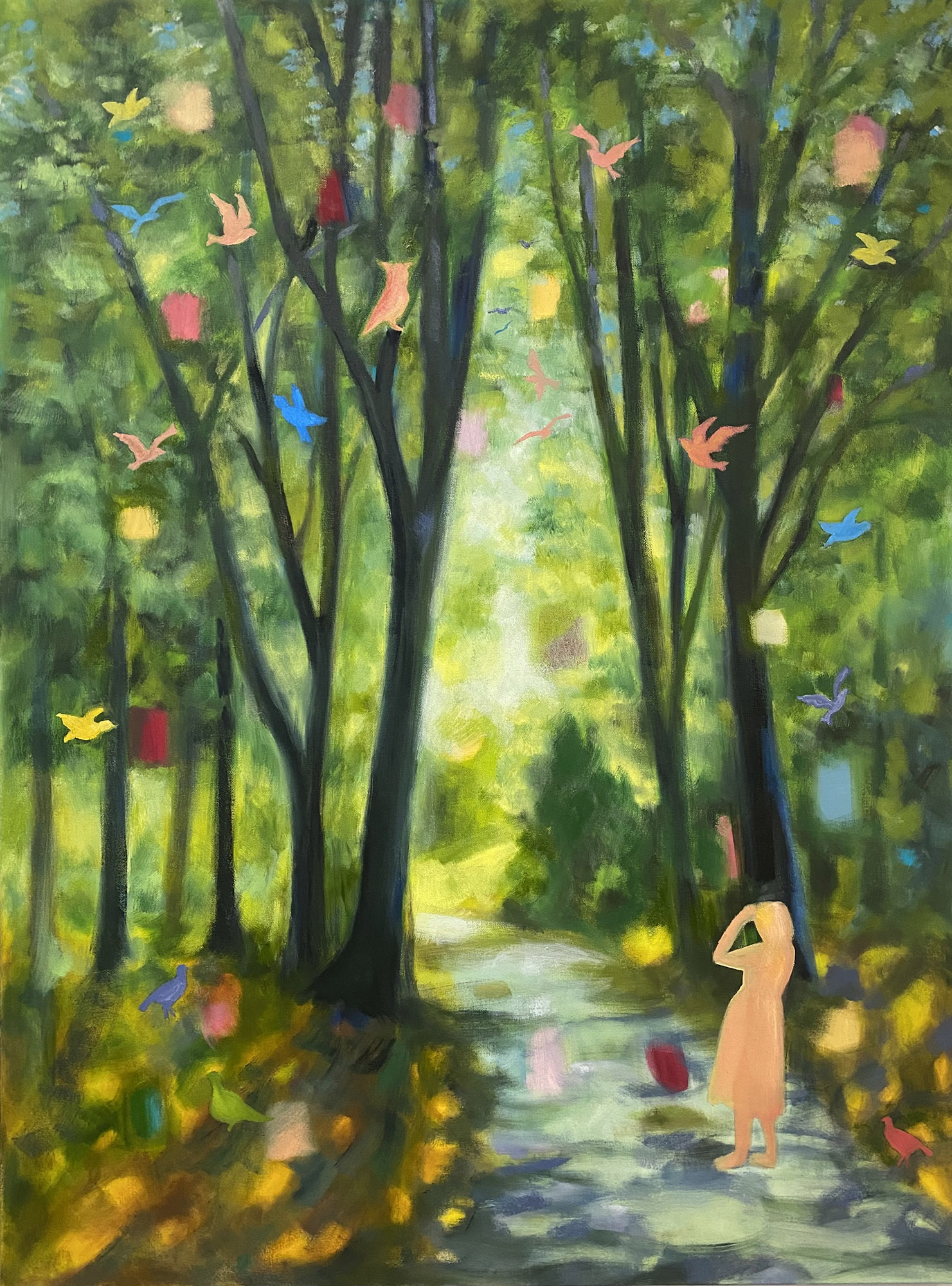then Goldblatt’s, with its finger-smeared display windows full
of stifled plaid pinafore and hard-tailored serge, each unattainable
thread cooing the delayed lusciousness of layaway, another church
then, of course, Jesus pitchin’ a blustery bitch on every other block,
then the butcher shop with, inexplicably, the blanched, archaic head
of a hog propped upright to lure waffling patrons into the steamy
innards of yet another storefront, where they drag their feet through
sawdust and revel in the come-hither bouquet of blood, then a vacant
lot, then another vacant lot, right up against a shoe store specializing
in unyielding leather, All-Stars and glittered stacked heels designed
for the Christian woman daring the jukebox, then the what-not joint,
with vanilla-iced long johns, wax lips crammed with sugar water,
notebook paper, swollen sour pickles buoyant in a splintered barrel,
school supplies, Pixy Stix, licorice whips and vaguely warped 45s
by Fontella Bass or Johnny Taylor, now oooh, what’s that blue pepper
piercing the air with the nouns of backwood and cheap Delta cuts—
neck and gizzard, skin and claw—it’s the chicken shack, wobbling
on a foundation of board, grease riding relentless on three of its walls,
the slick cuisine served up in virgin white cardboard boxes with Tabasco
nibbling the seams, scorched wings under soaked slices of Wonder,
blind perch fried limp, spiced like a mistake Mississippi don’ made,
and speaking of, July moans around a perfect perfumed tangle of eight
Baptist gals on the corner of Madison and Warren, fanning themselves
with their own impending funerals, fluid-filled ankles like tree trunks
sprouting from narrow slingbacks, choking in Sears’ Best cinnamon-tinged
hose, their legs so unlike their arms and faces, on the other side
of the street is everything they are trying to be beyond, everything
they are trying to ignore, the grayed promise of government, 25 floors
of lying windows, of peeling grates called balconies, of yellow panties
and shredded diapers fluttering from open windows, of them nasty girls
with wide avenue hips stomping doubledutch in the concrete courtyard,
spewing their woman verses, too fueled and irreversible to be not
listened to and wiggled against, and the Madison St. bus revs its tired
engine, backs up a little for traction and drives smoothly into the sweaty
space between their legs, the only route out of the day we’re riding through.

